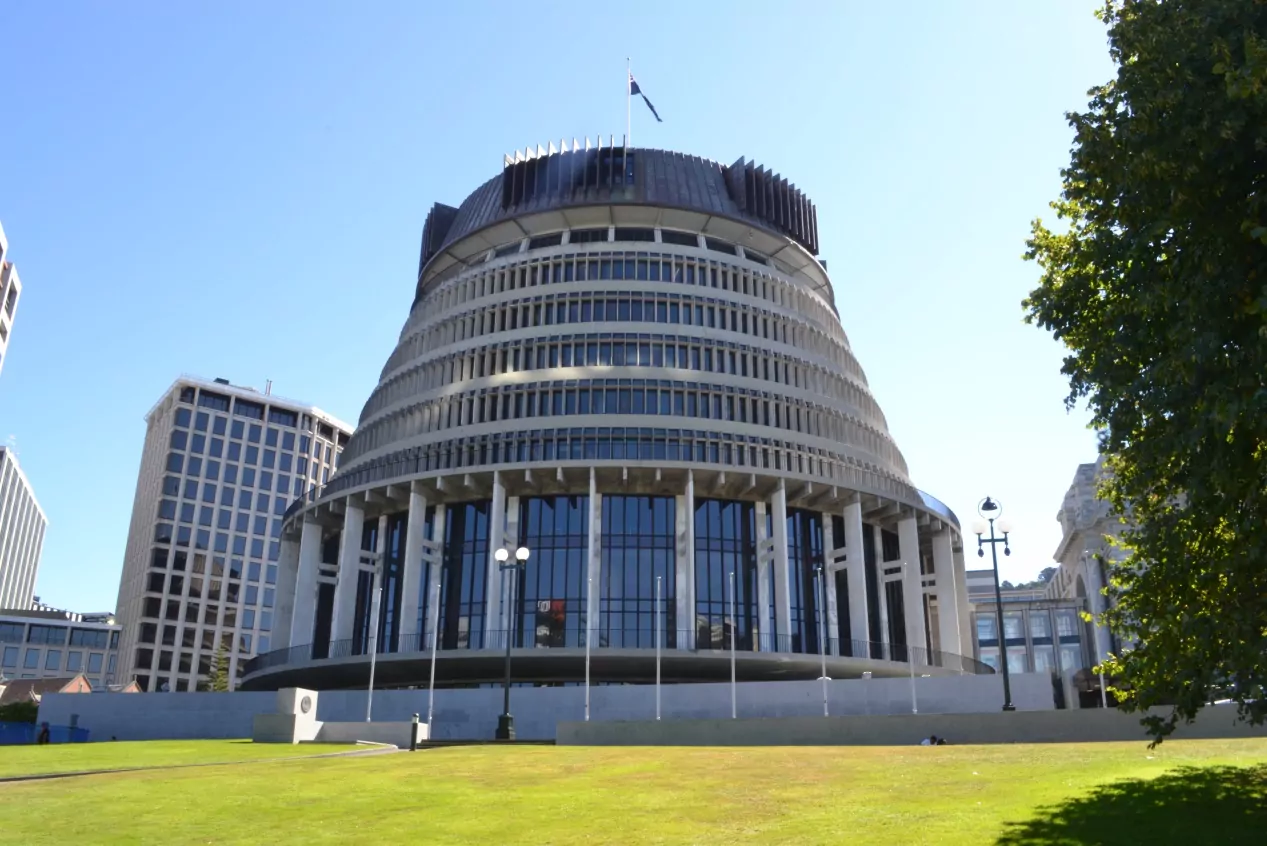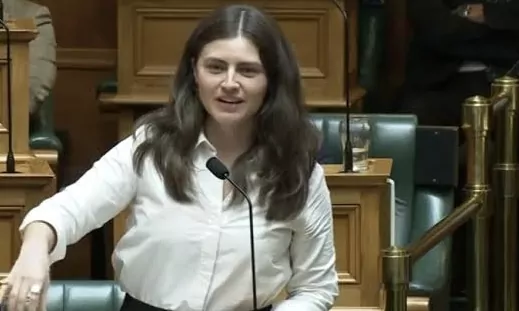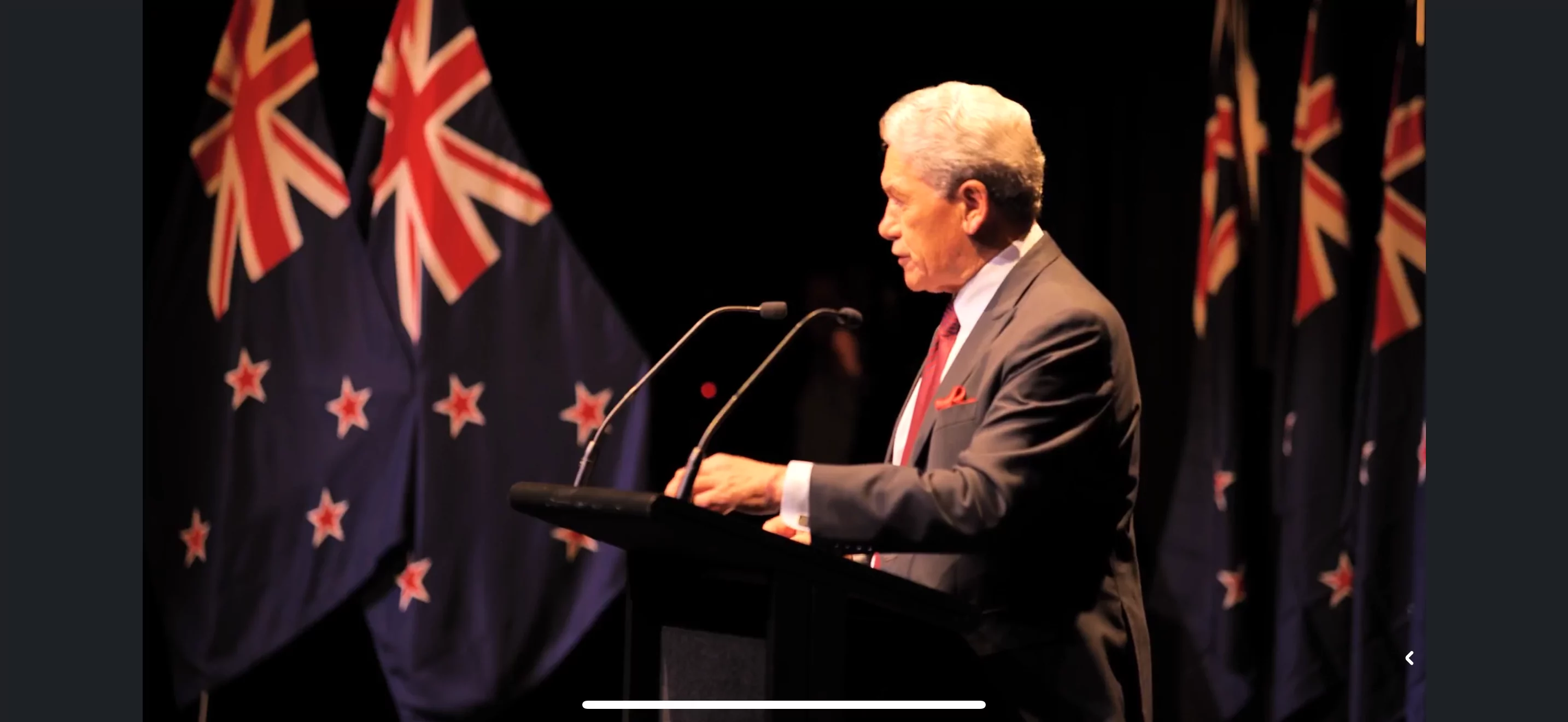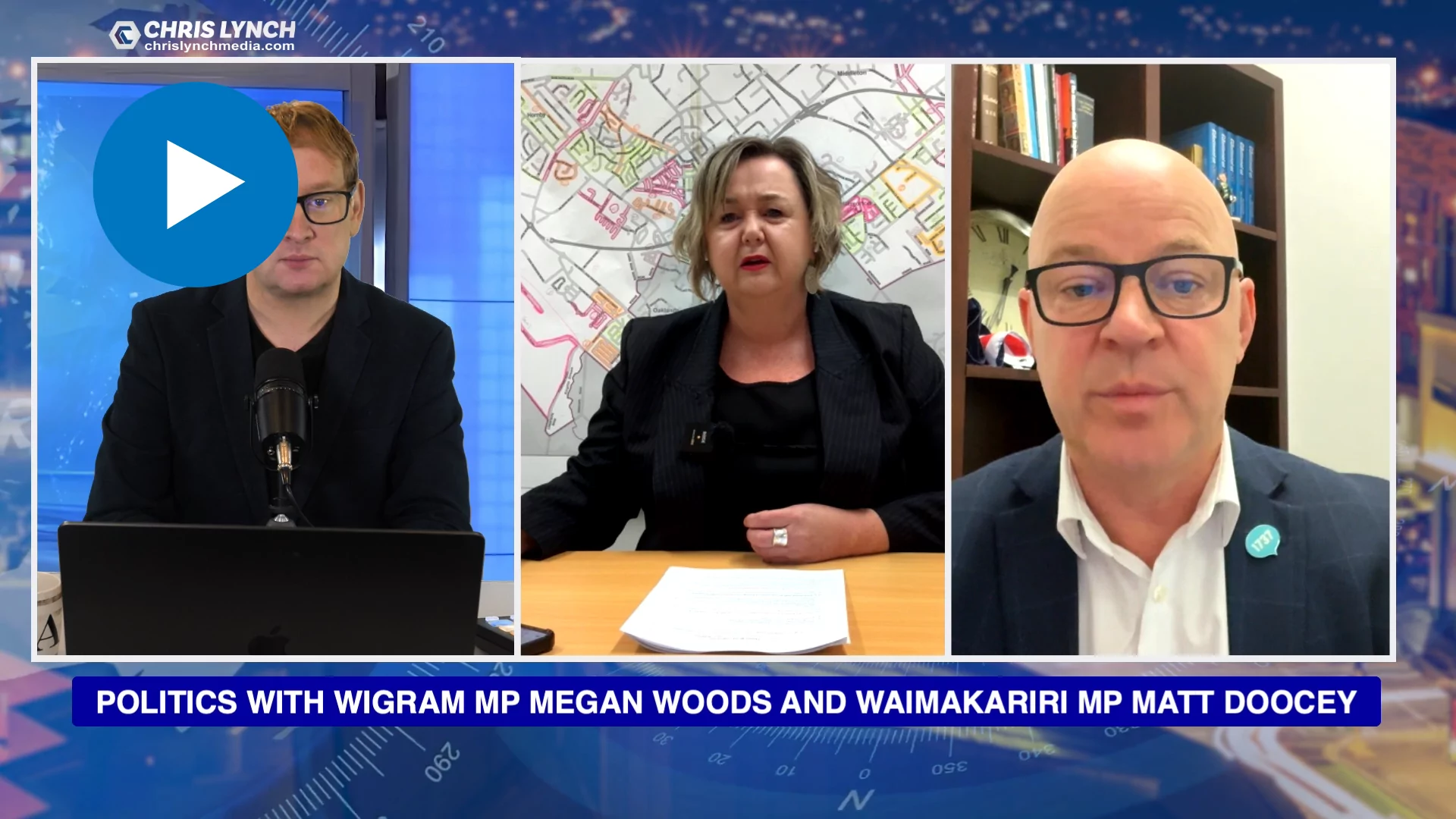A new set of tougher sanctions has been announced as part of a package of reforms aimed at moving more people off Jobseeker Support and into employment.
Social Development and Employment Minister Louise Upston announced a new Traffic Light System designed to inform beneficiaries of their responsibilities to continue receiving support.
Cabinet has approved a series of additional initiatives, set to take effect early next year, that will further increase the obligations and penalties for job seekers. These include:
- Extending the period over which an obligation failure counts against a beneficiary from 12 months to two years.
- Requiring Jobseeker Support recipients to reapply every six months.
- Making it mandatory for all beneficiaries with work obligations to have a jobseeker profile before their benefit is granted.
- Introducing a new money management sanction that will see half of a person’s benefit loaded onto a payment card that can only be used for essential products and services.
- Implementing a new community work experience sanction that will require beneficiaries to build their skills and confidence to assist them in finding employment.
“These changes come with increased support, including a new phone-based case management service for 4,000 job seekers aged 18 to 24 and an additional 2,100 places for young people to receive community job coaching,” Upston said.
She said while the welfare system would continue to serve as a safety net, it had increasingly become a dragnet capturing too many people capable of working, allowing them to remain on Jobseeker Support for extended periods.
Upston pointed out that under the previous government, the number of people on Jobseeker Support had increased by 70,000 as the use of sanctions decreased, with nearly two-thirds of beneficiaries on the support for over a year.
“Our Government will not tolerate people who accept Jobseeker Support but fail to fulfil their obligations to seek work. It’s not fair on hardworking Kiwis whose taxes fund these benefits,” Upston said.
She said sanctions had risen notably since the current Government took office, with approximately 3,700 sanctions issued in the June quarter alone, mostly to Jobseeker Support recipients who failed to attend appointments or prepare for work.
“Our Welfare that Works approach will ensure that job seekers are actively supported and held accountable. We will take a harder line against those who repeatedly fail to meet their obligations by extending the period over which past failures are counted, increasing the likelihood of benefit cancellations,” she said.
The new money management and community work experience sanctions are intended as alternatives to financial penalties for first-time obligation failures, offering a pathway to more productive outcomes.
Additionally, requiring job seekers to reapply for Jobseeker Support every six months will enable the Ministry of Social Development (MSD) to provide more frequent support and ensure continued eligibility. The mandatory jobseeker profile will allow MSD to engage with beneficiaries earlier and connect them with job opportunities more efficiently.
“These reforms are key to the Government’s efforts to reduce the number of people on Jobseeker Support by 50,000 by 2030, a move forecast to save $2.3 billion in welfare payments,” Upston said.









